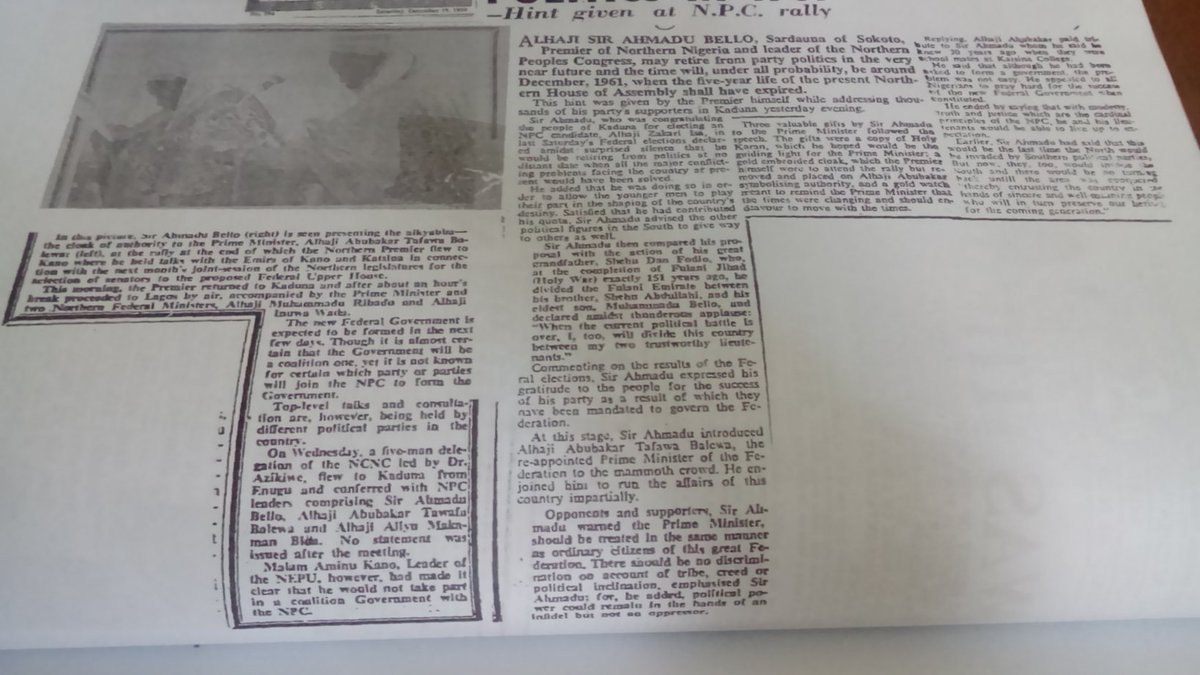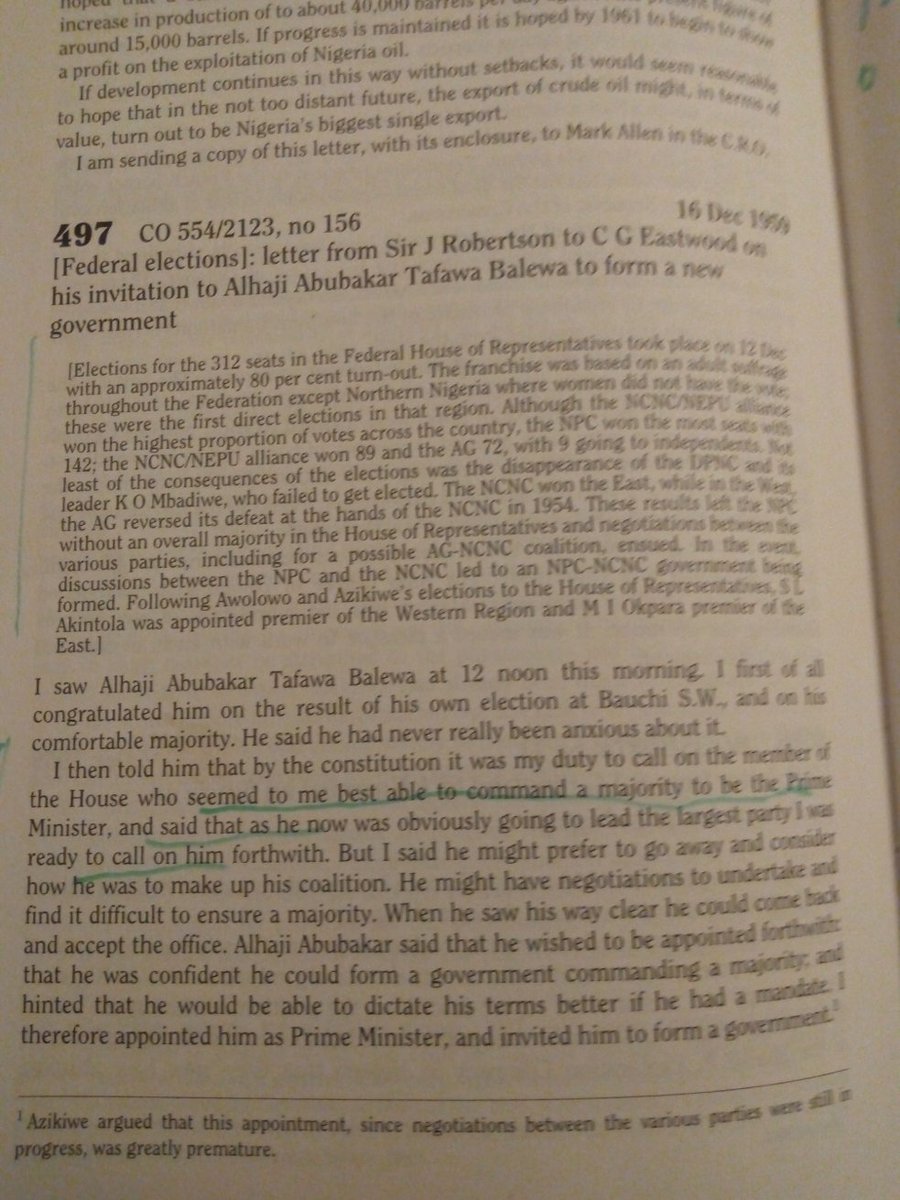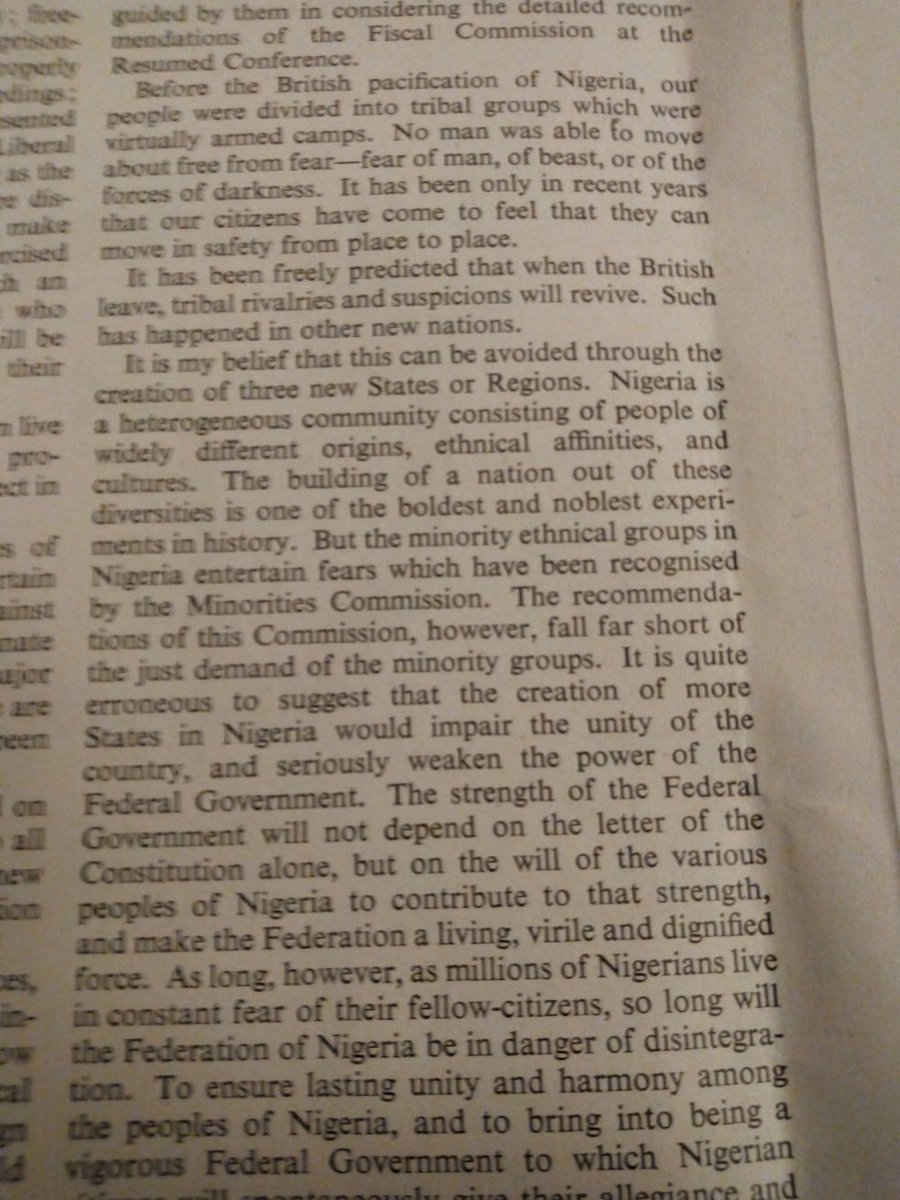
Teaches politics @UniofYork
Advisor to @ukhomeoffice
Books: https://t.co/HIZV9g8NJH | https://t.co/TG4hvVzUKd
Words @ForeignPolicy @ForeignAffairs @unherd
9 subscribers
How to get URL link on X (Twitter) App



 In the book, I argue that the chief source of racial group power and status in today’s world is collective wealth.
In the book, I argue that the chief source of racial group power and status in today’s world is collective wealth.








